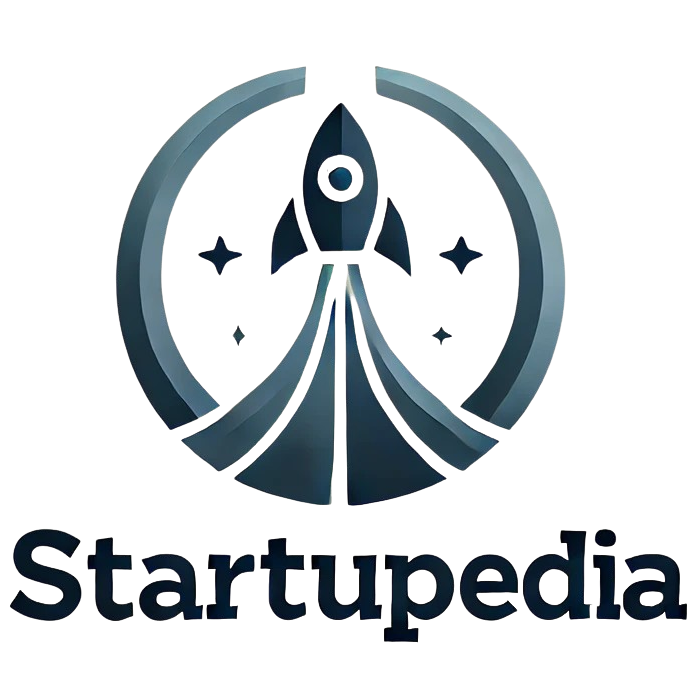Technology
Technology is the application of scientific knowledge to create tools, systems, and processes that solve problems, improve efficiency, or enhance human capabilities.[1] It encompasses a wide range of fields, from simple tools like a hammer to complex systems like artificial intelligence (AI) or quantum computing. Technology shapes how people live, work, communicate, and interact with the world, making it a cornerstone of modern society.[2] This article provides an overview of technology, its history, types, impact, and future, written to be accessible for startup founders, investors, and the general public.
Definition
Technology refers to the practical use of knowledge to create tools, machines, systems, or methods that address human needs or challenges.[3] For example, a wheel is a basic technology that simplifies movement, while a smartphone combines multiple technologies like computing, communication, and sensors to perform complex tasks. The term comes from the Greek words "techne" (art or skill) and "logos" (study or knowledge), meaning the study of practical skills.[4]
For startup founders, technology is often the foundation of innovative products or services, such as software or biotechnology solutions. Investors view technology as a driver of economic growth, with advancements fueling new markets and opportunities. For the general public, technology is the devices and systems they use daily, like internet-connected appliances or electric vehicles.[5]
History
The history of technology spans millions of years, evolving from simple tools to sophisticated systems.
Early Technology
Early humans developed basic tools like stone axes and fire around 2.5 million years ago, marking the start of the Stone Age.[6] The invention of the wheel around 3500 BCE revolutionized transport and machinery.[7] The Bronze Age and Iron Age introduced metalworking, leading to stronger tools and weapons.
Industrial Revolution
The Industrial Revolution (18th–19th centuries) marked a turning point, with inventions like the steam engine and mechanized textile production transforming economies.[8] This era saw rapid advancements in manufacturing, transportation, and communication, laying the groundwork for modern industry.
Digital Age
The 20th century brought the Digital Revolution, driven by the invention of the transistor, computer, and internet.[9] These technologies enabled the rise of information technology, allowing data to be processed, stored, and shared at unprecedented scales. Today, technologies like cloud computing and machine learning continue to evolve rapidly.[10]
Types of Technology
Technology can be categorized based on its application or field:
- Information Technology (IT): Includes computers, software, and networks used for data processing and communication. Examples include email, databases, and cybersecurity systems.[11]
- Biotechnology: Uses biological processes for medical, agricultural, or industrial purposes, such as genetic engineering or vaccines.[12]
- Energy Technology: Focuses on generating and managing energy, including solar power, wind turbines, and nuclear energy.[13]
- Manufacturing Technology: Involves tools and processes for producing goods, such as 3D printing or robotics.[14]
- Communication Technology: Enables information exchange, from telephones to social media platforms.[15]
Impact of Technology
Technology has profoundly shaped society, economies, and the environment.
Positive Impacts
- Economic Growth: Technologies like automation and e-commerce have created new industries and jobs.[16]
- Improved Quality of Life: Medical technologies like MRI scans and prosthetics enhance healthcare, while smartphones improve access to information.[17]
- Global Connectivity: The internet and social media enable instant communication worldwide.[18]
Future of Technology
Emerging technologies like quantum computing, blockchain, and augmented reality promise to further transform society.[19] For startup founders, these fields offer opportunities to innovate, while investors see potential for high returns. However, challenges like ethical regulation and equitable access must be addressed.[20] For the general public, staying informed about technology ensures they can adapt to changes in work and daily life.
See Also
References
- ↑ Singer, Charles (1941). A Short History of Science to the Nineteenth Century. Clarendon Press. pp. 1–10.
- ↑ Franklin, Ursula (1999). "Real World of Technology". House of Anansi Press: 6–12. doi:10.1007/978-94-011-4147-5_2.
- ↑ Schumacher, E.F. (1973). Small Is Beautiful: A Study of Economics As If People Mattered. Blond & Briggs. pp. 145–150.
- ↑ "Etymology of Technology". Online Etymology Dictionary. Retrieved 28 June 2025.
- ↑ Castells, Manuel (1996). The Rise of the Network Society. Blackwell Publishers. pp. 30–45.
- ↑ Leakey, Richard (1994). The Origin of Humankind. Basic Books. pp. 50–60.
- ↑ Anthony, David W. (2007). "The Horse, the Wheel, and Language". Princeton University Press: 67–80. doi:10.1515/9781400831104.
- ↑ Landes, David S. (1969). The Unbound Prometheus: Technological Change and Industrial Development in Western Europe from 1750 to the Present. Cambridge University Press. pp. 40–60.
- ↑ Ceruzzi, Paul E. (2003). A History of Modern Computing. MIT Press. pp. 10–25.
- ↑ Brynjolfsson, Erik (2014). "The Second Machine Age". W.W. Norton & Company: 20–30.
- ↑ Laudon, Kenneth C. (2019). Management Information Systems. Pearson. pp. 15–25.
- ↑ Alberts, Bruce (2014). Molecular Biology of the Cell. Garland Science. pp. 8–12.
- ↑ Smil, Vaclav (2010). "Energy Transitions: History, Requirements, Prospects". Praeger: 50–65.
- ↑ Groover, Mikell P. (2019). Fundamentals of Modern Manufacturing. Wiley. pp. 10–20.
- ↑ Winston, Brian (1998). Media Technology and Society. Routledge. pp. 25–35.
- ↑ Frey, Carl Benedikt (2019). "The Technology Trap". Princeton University Press: 100–120.
- ↑ Topol, Eric (2012). The Creative Destruction of Medicine. Basic Books. pp. 30–40.
- ↑ Shirky, Clay (2008). Here Comes Everybody. Penguin Press. pp. 50–60.
- ↑ Kaku, Michio (2018). The Future of Humanity. Doubleday. pp. 150–170.
- ↑ Harari, Yuval Noah (2017). "Homo Deus: A Brief History of Tomorrow". Harper: 200–220.
External Links
- "What is Technology?". Encyclopædia Britannica. Retrieved 28 June 2025.
